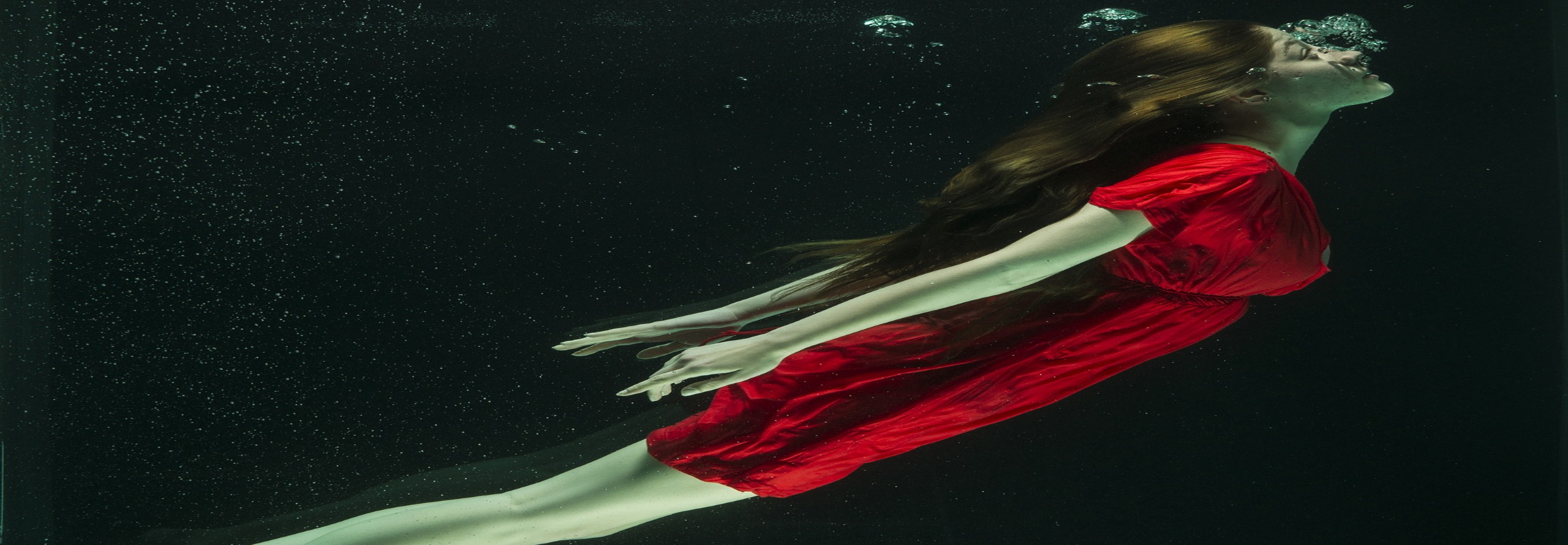Saving Not Private Ryan, But Yourself*
The world, ever since Adam and Eve, has been geared towards couples – even the animals entered Noah’s ark in twos. However, for animals, coupling is generally for the procreation of the species. This is partly true for humans too, though it is not for us the whole purpose. As agrarian civilisations became the norm, society developed a need for safe environments to breed, to ensure property rights and maintain blood lines. So in the beginning, coupling had nothing to do with religion or with love. The freedom to love who you want is a modern invention, though even now, within certain cultures it is not the norm, and the caste systems, religious beliefs, class and even the colour of your skin can bring about the disapproval of society – one has only to look at the arranged marriages in Asian cultures, such as in Pakistan.
However, if we assume that we enter a relationship based on love and physical attraction what purpose does it serve? Human beings like the apes we descend from, are sociable creatures. We tend to live in communities and interact with each other. Human babies, if they are not touched, stop thriving. However much of an introvert you are, you still need a significant other to share your troubles and triumphs with. As children, we read fairy tales where the handsome Prince and beautiful Princess live happily ever after and produce perfectly well behaved children. So in time, this has become the ideal – the prize being to be with the chosen person forever and ever.
However, real life, unlike the fairy story does not follow this ideal path and relationships end for a variety of reasons. Couples become disillusioned with the fairy tale, they outgrow each other, chronic illness mental or physical, stresses of modern living slowly erode their feelings and they begin to feel trapped. Some stay in this trap for a long time for fear of being seen as a failure, keep up the facade for the sake of their children and swallow their hurt, but mostly they are scared of the uncertainty of what will happen if they decide to end the farce. Will they have a better life, will they be able to manage their finances on their own, will they meet someone else? So they tell themselves it is better to stay with the devil you know. They deny the truth and hope that their partner will change.
So what happens if a relationship is terminal? First of all you need to consider yourself. Yes, I said yourself, not the other person. Do you love yourself? If you don’t believe that you are worthy of being loved how do you expect someone else to believe it? Do you and your partner communicate? I don’t mean discussing what you are cooking for lunch but actually talking about how you feel, about what upsets you and what makes you happy. Do you respect and trust each other? Sometimes you need a professional to get a relationship back on track, but sometimes a broken relationship cannot be fixed and then you have to let go and move on.
However, the way a relationship ends is important. Sometimes, the break up is mutual and amicable, but most often, one person wants out and the other is desperate to stay. The person who wants the relationship to continue, will try and manipulate the partner into feeling guilty and they may stay and be resentful or continue without emotional commitment, often cheating on the other. Furthermore, the person being dumped will feel out of control, angry and may harbour feelings of revenge. Again, they need a therapist to help them build up their self esteem, which might have been damaged long before they even embarked on the relationship. When you have good self esteem, you no longer need others to make you feel good, instead you are able to meet all your own needs, and any future relationships will be based on mutual respect, trust and sharing of feelings and interests.
So what happens when you have been dumped? It will hurt, but it is not life threatening, (unless you are contemplating suicide) and it eventually fades. If possible, try and discover why the other person wanted to end the relationship as it may highlight in therapy, some areas you need to work on. For example, if the other person always found you to be an emotional doormat who was boring, then you need to work perhaps on becoming more assertive. So postmortems can be useful. Avoid the need to bad mouth the other or be acrimonious – this is especially important if the couple have children as it can damage the latter. People who are dumped also wallow in happy memories of their relationships, rather than think of the number of times the other hurt them.
Furthermore, they dwell on “what ifs” and try to imagine what they could have done to save the relationship. This is what is called an open memory- there are a thousand different imagined endings. However, the actual event is the ending of that relationship and this cannot be rewritten, without both parties consenting to a compromise. Closed memories on the other hand accepts the inevitable – so there are no emotions attached to them. A bit like a scar. A scar marks where the wound occurred, but it no longer hurts.
First of all, allow yourself time to mourn. The death of a relationship is a bit like a real death, except the person who has abandoned you is still alive. This creates hope in your broken heart that they might come back to you.
So stop listening to sentimental songs or visiting places that you used to frequent or the sweet nothings they whispered in your ear the first time you met. Instead, take up a new hobby and do things you enjoyed that you might have given up because the other wasn’t keen on them. Stop worrying about the gossip and just be your own person. All of this might require the help of a professional but in the end you will learn to be happy with yourself. Each day try and do something just for you. Write it down and look at it after a month. You will be surprised by your own record of what makes you happy.
Relationships either evolve or come to a dead end. When they do, the trick is not to focus on solely saving the relationship, but to save yourself and know that you will be fine, whatever happens.
*This article was written by ‘The Common Sense Therapist’, a retired psychologist who lives overseas and wishes to remain anonymous. She has many decades of experience in dealing with various people and aspects of psychology, and is a great source of enlightenment on many things in life.






